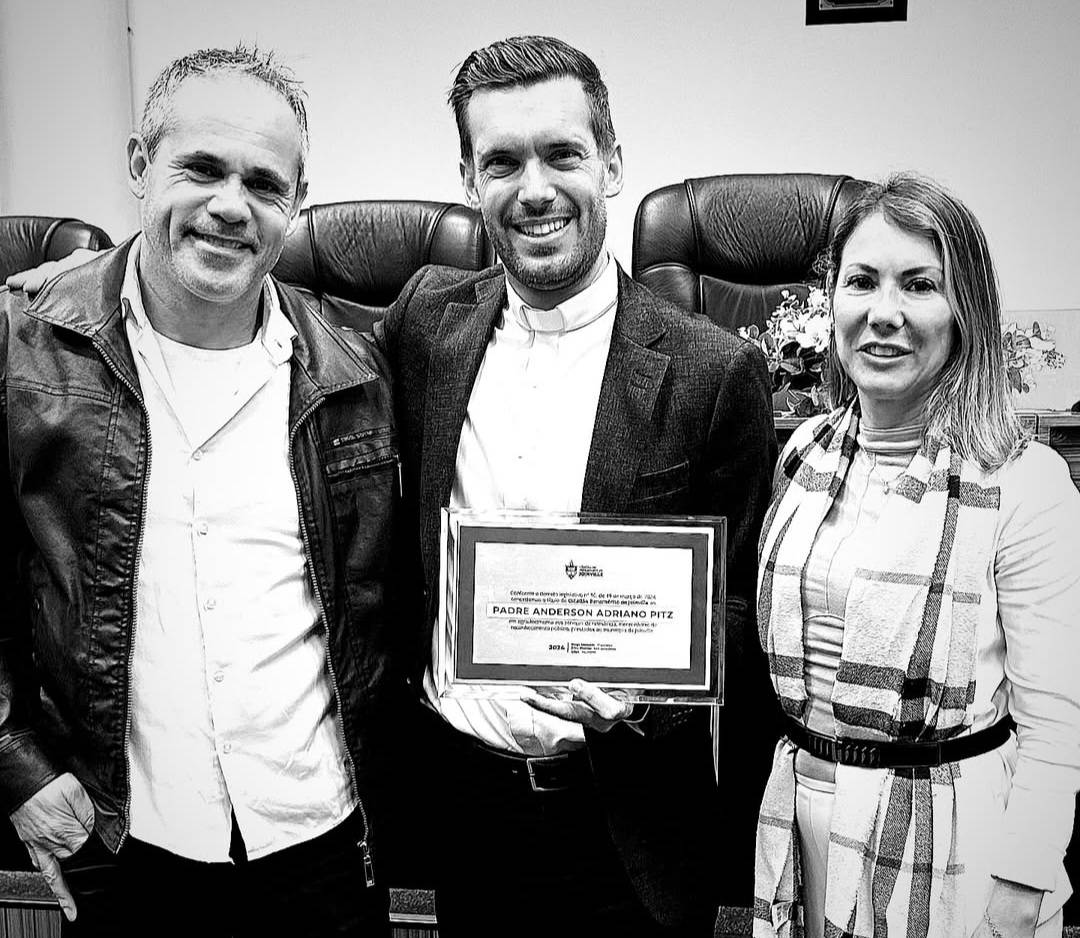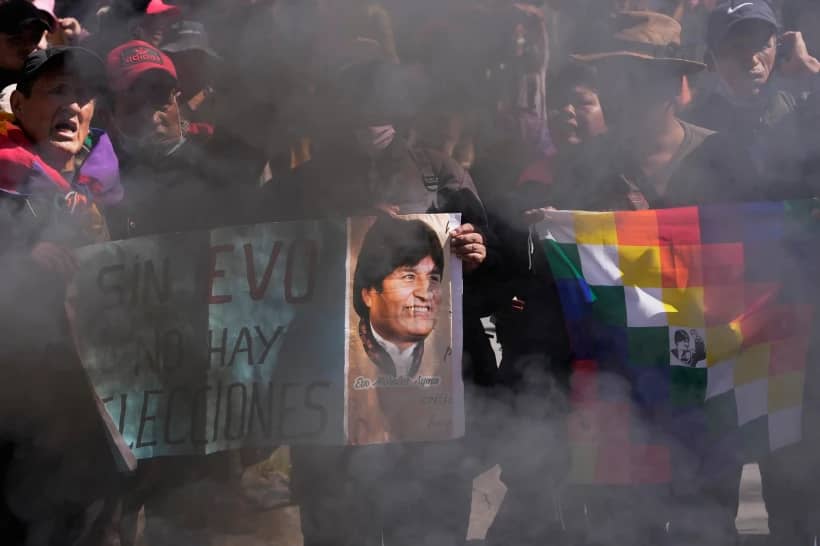ROME — A few days before Archbishop Oscar Romero was to be canonized, members of Salvadoran human rights organizations flew to Rome to demand justice for the archbishop’s assassination.
“We come here so that the Church listens to us,” Claudia Martinez, a representative of the Salvadoran-American organization SHARE, said at a conference organized Oct. 11 by human rights groups in Rome.
According to the investigation of the Truth Commission for El Salvador, a U.N.-approved investigative body, Romero was assassinated March 24, 1980, by death squads under the command of former Major Roberto d’Aubuisson Arrieta. The Salvadoran government has not prosecuted anyone for the murder.
The process of recognizing Romero as a saint “will not be complete without resolving the murder of our pastor,” said the press release of the coalition of NGOs meeting in Rome.
Some critics believe reopening the murder case would be to wallow in the past, reactivate old wounds and deepen the country’s political polarization.
But Alejandro Diaz, a lawyer pressing the case, told Catholic News Service: “There must be real justice for Romero, who himself had defended thousands of people.”
After lying dormant for years because of El Salvador’s amnesty law, which was passed in 1993 and overturned in 2016, the archbishop’s murder case was reopened in May 2017. But in a country with a reputation for impunity, human rights associations fear that the case is gathering dust on the judge’s desk and will be forgotten.
The accused include the alleged masterminds and accomplices, including d’Aubuisson, who founded the Salvadoran right-wing party ARENA and is revered by many.
For many Salvadorans, bringing someone to justice for Romero’s death would help close the wounds for thousands of victims of El Salvador’s bloody civil war, which rocked the country between 1980 and 1992.
“To have justice for Romero is to have justice for all,” Martinez said.
Sofia Hernandez is one of those victims. She lost family members due to government forces and found support in Romero.
“Despite the massacres and disappearances, there is always someone who survives and witnesses it all,” she said during the conference in Rome. “There can no longer be impunity in El Salvador.”
Human rights groups see the assassination of Romero as a crime against humanity and “magnicide,” saying his assassination helped trigger the Salvadoran civil war.
Hundreds of people demonstrated in El Salvador’s capital Oct. 10 calling for the trial to proceed.
For Diaz, a trial is necessary to promote true reconciliation and peace.
“We’ll see if there is any jail time for those accused after the trial,” he said, “but for the people who already died, such as d’Aubuission, we want a moral sanction so that he will not have monuments in his name, so that he will not receive tributes … so that our society may have its dignity back.”
The judge on the case is set to release a statement in the week after Romero’s canonization Oct. 14.
“Now that Monsignor Romero will be called Saint Romero in the whole world, I have a lot of faith that we will achieve justice in El Salvador,” Hernandez said.
















